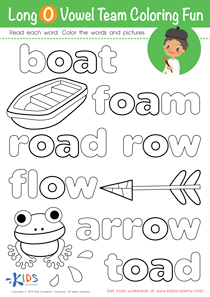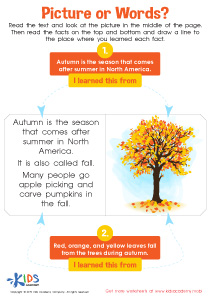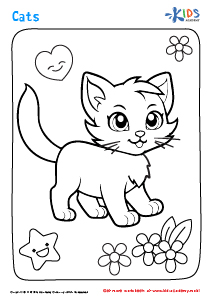Normal One More and One Less Quizzes for 4-Year-Olds
2 results
2 filtered results
Clear all filters2 filtered results
-
From - To
Introducing our engaging "Normal One More and One Less" interactive assessment quizzes, tailor-made for 4-Year-Olds! Perfect for young learners, these quizzes are designed to gently challenge their understanding of basic addition and subtraction concepts. As your child explores each question, they'll receive instant feedback, reinforcing their learning journey. This fun, interactive format ensures that your little one grasps the fundamental concepts of identifying one more and one less in an enjoyable and memorable way. Dive into our quizzes today and watch your child's confidence and knowledge grow with each session!
In the formative years of a child's life, gaining a strong foundation in fundamental mathematical concepts is crucial for their academic success and cognitive development. Among these foundational concepts, understanding the principles of "One More" and "One Less" is paramount, especially for 4-year-olds who are at a crucial stage of their learning journey. This is where our interactive quizzes on Normal One More and One Less for 4-Year-Olds come into play, serving as an invaluable resource for children to master these essential skills in a fun, engaging, and effective way.
The concept of "One More" and "One Less" is not just a basic arithmetic skill; it forms the cornerstone for understanding number sequences, addition, subtraction, and even the more complex number operations they will encounter in the future. For 4-year-olds, these concepts are best learned through interactive and hands-on experiences that capture their attention and stimulate their interest. That's precisely what our interactive quizzes are designed to offer.
Our Normal One More and One Less quizzes for 4-Year-Olds are meticulously crafted to align with the cognitive and developmental stage of young learners. These quizzes use colorful visuals, engaging characters, and interactive elements to turn abstract mathematical concepts into tangible and relatable ideas. By participating in these quizzes, children can explore the concepts of "One More" and "One Less" through scenarios that are meaningful and interesting to them, such as adding one more toy to their collection or taking one away.
The interactive nature of the quizzes ensures that learning is not a passive activity. Instead, children are actively involved in the learning process, making decisions, solving problems, and seeing the immediate outcomes of their actions. This active engagement is key to reinforcing learning and ensuring that the concepts of "One More" and "One Less" are deeply embedded in their understanding.
Moreover, our quizzes are designed to offer immediate feedback. This feedback is crucial for young learners as it helps them recognize their mistakes, understand the correct concepts, and learn from their errors. This iterative learning process fosters a growth mindset, encouraging children to view challenges as opportunities for learning rather than obstacles.
The flexibility of our Normal One More and One Less quizzes for 4-Year-Olds is another significant advantage. They can be accessed from anywhere, at any time, making it easy to integrate them into a child’s daily routine, whether as part of structured learning time at home or as a fun educational activity during downtime. This flexibility ensures that children can learn at their own pace, in a low-pressure environment that is conducive to effective learning.
In conclusion, our Normal One More and One Less interactive quizzes for 4-Year-Olds are a powerful tool in the arsenal of educational resources available for young learners. By making learning engaging, interactive, and tailored to their developmental needs, these quizzes play a critical role in helping children master these essential mathematical concepts. As children navigate through the quizzes, they build a strong foundation in mathematics that will support their academic journey, fostering not just mathematical skills but also critical thinking, problem-solving abilities, and a longstanding love for learning.













